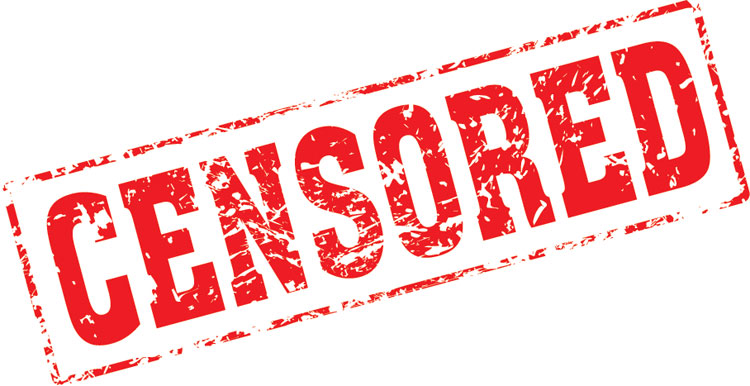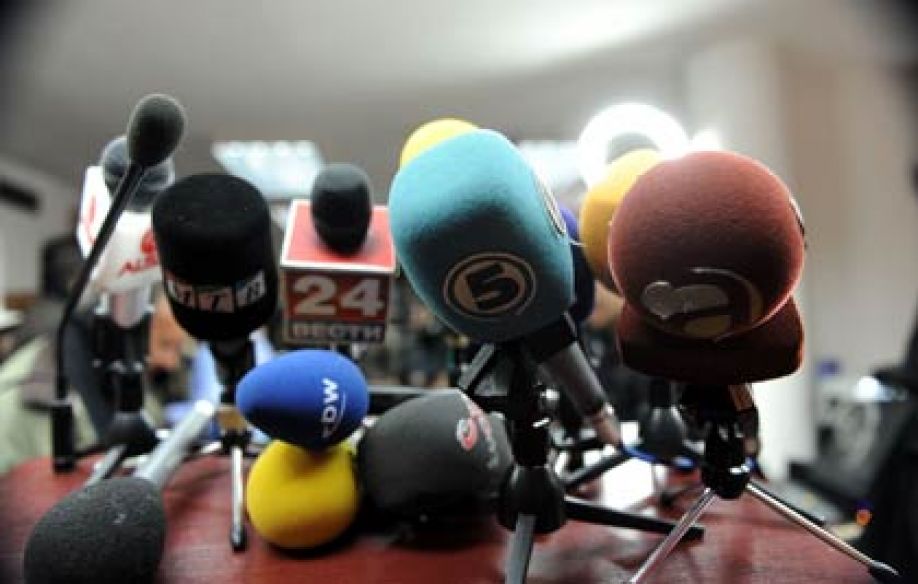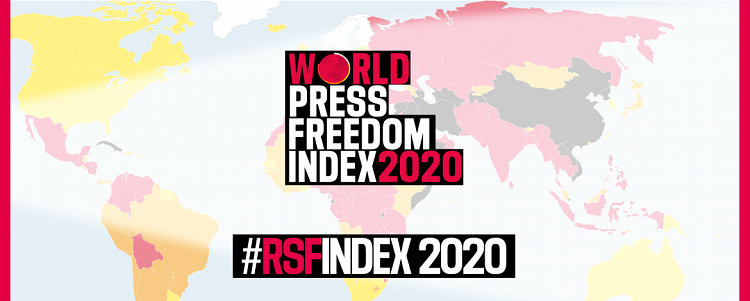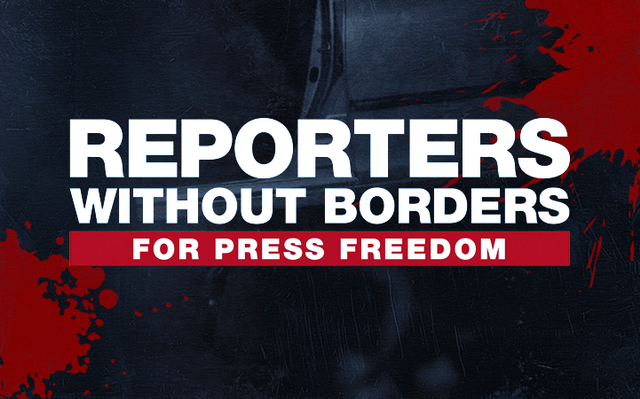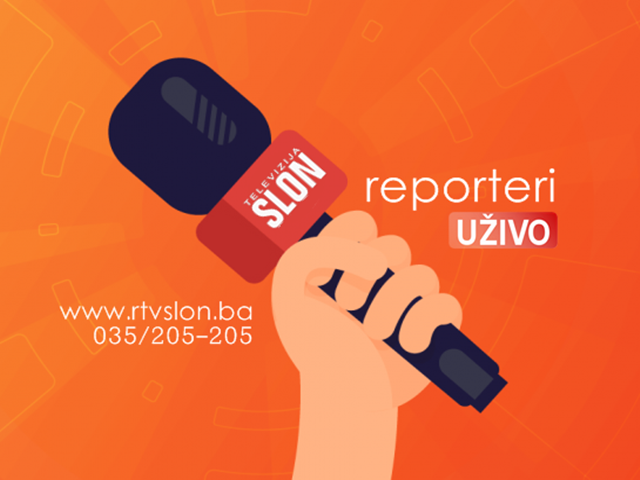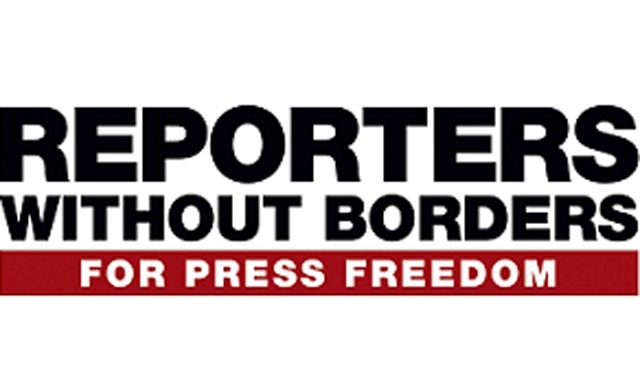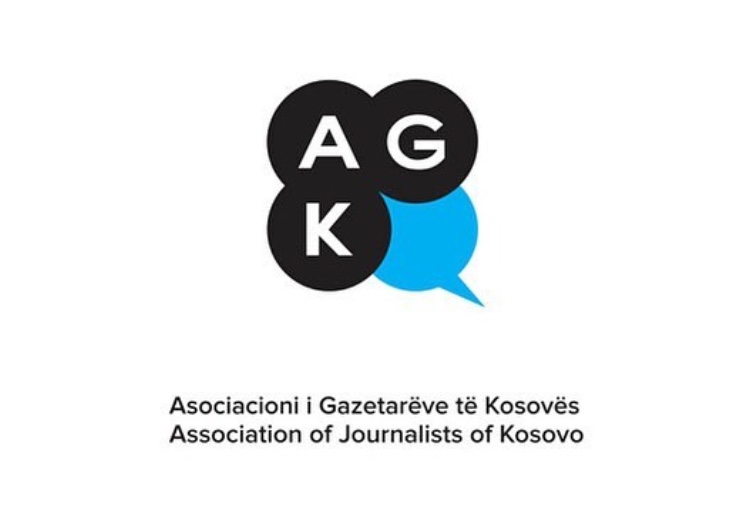BEOGRAD, 22.04.2020. – Srbija je pala za tri mesta na listi medijskih sloboda, koju je u okviru novog godišnjeg izveštaja za 2020. objavila organizacija Reporteri bez granica (RSF).
Od ukupno 180 rangiranih zemalja, Srbija se, sa skorom od 31,6, nalazi na 93. mestu, u grupi problematičnih zemalja, a slabije je kotirana od svih država regiona, osim Crne Gore, koja je na 105. mestu.
U izveštaju je stanje u Srbiji ocenjeno kao „zabrinjavajuće“, i konstatovano je da je posle šestogodišnje vladavine Aleksandra Vučića, prvo kao premijera a potom kao predsednika, „Srbija postala zemlja u kojoj je često opasno biti novinar i u kojoj lažne vesti alarmantnom brzinom postaju sve vidljivije i popularnije“. Prošle godine, Srbija se nalazila na 90. mestu sa ukupnim skorom od 31,18.
S obzirom da smo na istoj listi prošle godine zabeležili pad od čitavih deset mesta, a ništa se značajnije nije promenilo u tretmanu medija od strane države, ovogodišnji pad nije iznenađujuć, a očekivan je i gori rezultat, kaže Tamara Filipović iz Nezavisnog udruženja novinara Srbije (NUNS).
– NUNS beleži veći broj fizičkih napada, u 2019. taj broj je bio dvocifren, za razliku od ranijih godina. Broj verbalnih pretnji je približno isti u odnosu na prošlu godinu, bilo ih je više od 20, ali se broj pritisaka drastično uvećava iz godine u godinu, i to je nešto što čini da se novinarske slobode sužavaju kontinuirano, navodi Filipović za Danas. Ona ističe da se u poslednjih nekoliko godina u Srbiji „baštini politika suzbijanja svih disonantnih tonova u javnom mnjenju, pa tako i bilo kakvih kritika novinara usmerenih ka vlasti i vladajućim strukturama“.
– Sada, tokom vanrednog stanja, to kulminira i doživljava svoj maksimum. Tako smo prošle godine imali 80 prijavljenih pritisaka na novinare, dok smo samo u periodu od 15 marta do danas, zabeležili 40 takvih slučajeva, kaže Filipović i podseća da i dalje imamo dva ubistva novinara u predistražnom postupku, a samo jedan rešen pred sudovima u prvom stepenu, a zatim i slučaj Milana Jovanovića, čiji sudski postupak jeste u toku, ali „sa mnogo opstrukcija sa različitih strana“.
Vladimir Radomirović, predsednik Udruženja novinara Srbije (UNS) smatra neospornim da u Srbiji postoje problemi sa slobodom medija, od pritisaka vlasti i opozicije na novinare do teškog ekonomskog položaja novinara i redakcija.
– Međutim, istraživanje po kojem su mediji na Kosovu „slobodniji“ od onih u ostatku Srbije ima ozbiljnu metodološku manu, naročito u svetlu poslednjeg napada gotovo svih medija na albanskom jeziku na srpsku crkvu i zajednicu. Podsetiću vas da su ti mediji, uključujući javni servis RTK, objavili da su Albanci u Prištini „uznemireni“ zbog zvona („buke“) sa crkve Svetog Nikole, da Srpska pravoslavna crkva koristi „ruske metode“ u borbi protiv koronavirusa i da su naši manastiri „puni ruskih špijuna“. Iz takozvane međunarodne zajednice nismo čuli nijednu reč osude tog brutalnog napada na jedan već ugroženi narod a sad saznajemo da su mediji na Kosovu „slobodniji“ od onih u ostatku naše zemlje. Imajući ovo u vidu, našu slobodu i ovakvu kakva jeste ne bih menjao za „slobodu“ kosovskih medija, decidan je Radomirović.
Nadležne institucije, pak, organizacija poput Reportera bez granica, i dalje ne uzimaju kao relevantne izvore, pa i dovode u pitanje i podatke koje oni objavljuju, ne smatrajući ih verodostojnim.
– I ove godine, kao i prošle ne mogu, a da se ne zapitam na osnovu kojih parametara Reporteri bez granica donose svoje zaključke i na osnovu čega su registrovali pad Srbije na lestvici medijskih sloboda. Sa velikom zadrškom prihvatam izveštaje i RSF i Fridom hausa i veliki sam skeptik po ovom pitanju. Smatram da je ceo proces politizovan iako ne znam iz kog razloga. Moram da priznam da ne razumem na osnovu kojih elemenata su oni došli do zaključka da su medijske slobode veće na primer u Slovačkoj, Češkoj nego u Srbiji. Smatram da su ovde medijske slobode sasvim korektne u odnosu na druge zemlje u Evropi, kaže za Danas državni sekretar u Ministarstvu kulture Aleksandar Gajović.
On dodaje da to što se kao argument navodi još nerešen slučaj novinara Jovanovića, zapravo „cinizam“, jer „pravosuđe ne može samo time da se bavi“, i pita „u kojoj se to zemlji brzo rešavaju ovakvi slučajevi“.
– Navodi se i da je Srbija preplavljena lažnim vestima, a ovo je problem u celom svetu, ne samo kod nas. Mi se neprekidno borimo protiv ove pojave i nećemo prestajati. Ministarstvo kulture i informisanja neprekidno prati sva dešavanja u medijima i, u odnosu na svoja ovlašćenja, uvek reaguje, ali i apeluje da mediji realno izveštavaju. Podsećam da nigde u svetu nema da se predsednik i premijer jedne države skoro svaki dan pojavljuju na konferencijama za novinare i da odgovaraju na sva novinarska pitanja, kaže Gajović i dodaje da „Reporteri bez granica nisu fer ili su ljubomorni na rezultate ove Vlade“ kada je reč o borbi protiv pandemije virusa kovid 19, kao i da „nije korektno da u trenutku te velike borbe oni pominju medijske slobode, jer se Srbija nalazi u vanrednom, a ne redovnom stanju“.
Zvaničnici protiv novinara zapaljivom retorikom
U izveštaju RSF stoji da je broj napada na medije naglo porastao, dok zvaničnici sve više koriste zapaljivu retoriku protiv novinara. „Neki hrabri novinari nastavljaju da obrađuju opasne teme poput kriminala i korupcije. Ali zbog velike koncentracije medijskog vlasništva u zemlji, njihove su priče obično dostupne samo na Internetu“, navodi se u delu izveštaja za Srbiju. Razlog za zabrinutost RSF vide i u dogovorima između političara i medija, široko rasprostranjenim lažnim vestima koje vlasti tolerišu i maltretiranju uzbunjivača Aleksandra Obradovića.


